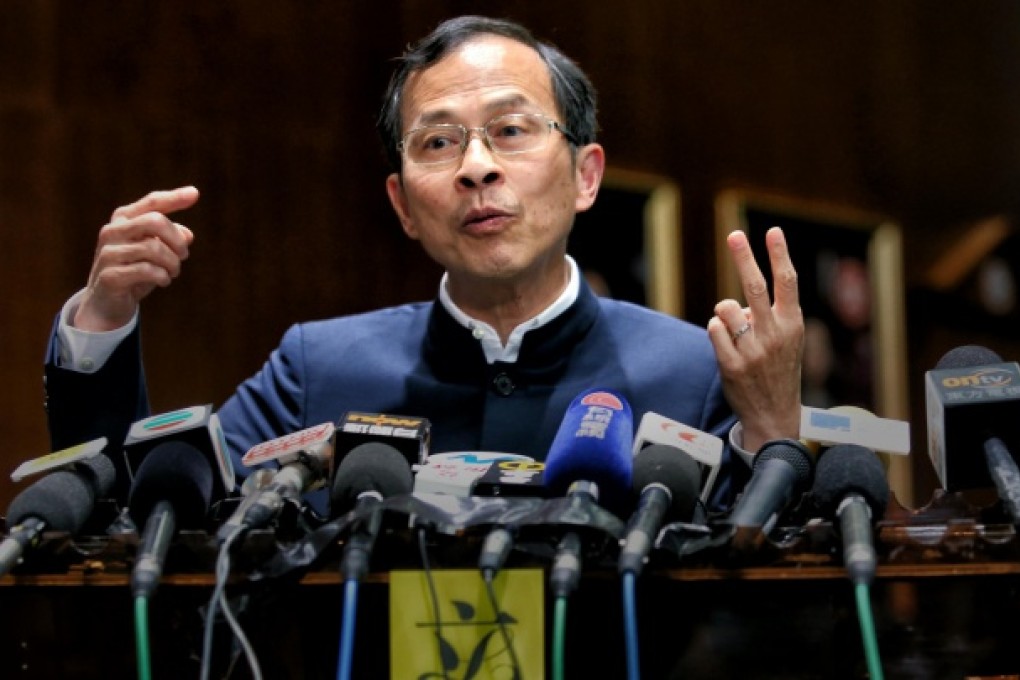
I agree with the decision of Legislative Council president Jasper Tsang Yok-sing to end a filibuster on the budget bill.
Actually, I support the People Power lawmakers because they often help citizens on low incomes. But, I disagree with the filibustering tactics they employed in the Legco chamber as it made it difficult for the government to function and was delaying the passage of the budget bill.
They filed more than 700 amendments in an attempt to get the administration to include a [consultation on a] universal pension scheme or a HK$10,000 cash handout in the bill.
Their tactics to achieve those worthy aims, while well-intentioned, were too radical and they were stopping money allocated in the budget getting to people in need.
By ending the filibuster Mr Tsang took the right course of action and he sent a clear message to legislators that they would not meet their targets with such radical behaviour and would only give the Legislative Council a bad image.
Lily Chan Ying-kwan, Kwai Chung